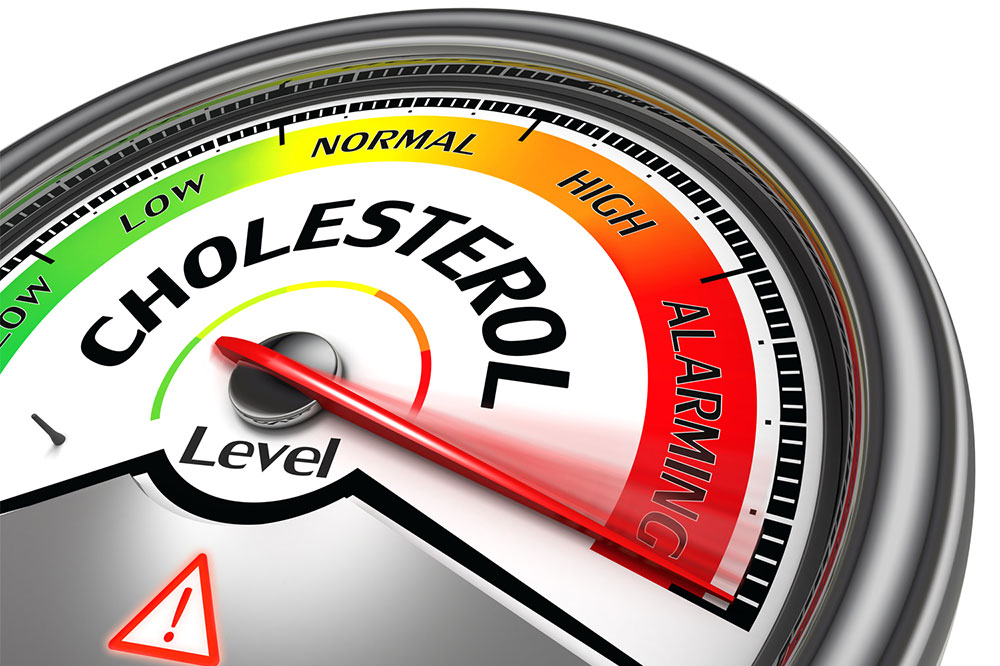Cholesterol Essentials: Separating Facts from Fiction
Discover the truth about cholesterol, including the differences between good and bad types, factors influencing levels, and best practices for maintaining cardiovascular health. Learn how diet, genetics, and age affect your cholesterol and when to seek medical guidance.

Cholesterol Matters: Debunking Common Myths
Approximately one-third of Americans grapple with high cholesterol, often called a hidden danger. Elevated cholesterol itself doesn’t directly cause death but increases the risk of heart attacks and strokes, leading causes of death nationwide.
So, what is cholesterol? It’s an essential fat-like substance found in your body, crucial for making hormones, vitamin D, and aiding digestion. The liver produces all the cholesterol your body needs, while consumption of animal products like meats, dairy, seafood, and eggs adds dietary cholesterol. Excess intake can heighten cardiovascular risks.
Understanding Good and Bad Cholesterol
Cholesterol moves through your blood via lipoproteins: Low-Density Lipoprotein (LDL) and High-Density Lipoprotein (HDL). LDL can build up on artery walls, creating plaques and restricting blood flow, which may lead to heart disease. HDL helps remove surplus cholesterol from tissues to the liver for disposal.
Factors Impacting Cholesterol Levels
Besides dietary choices, other factors influence cholesterol levels. Genetics, age, and existing health issues like diabetes or obesity are uncontrollable contributors. A family history of high cholesterol calls for regular monitoring. As you age, your body becomes less efficient at processing and removing cholesterol.
Warning:
The content here is intended for informational purposes only. It is not a substitute for professional medical advice. Always consult healthcare providers for diagnosis and treatment options.


